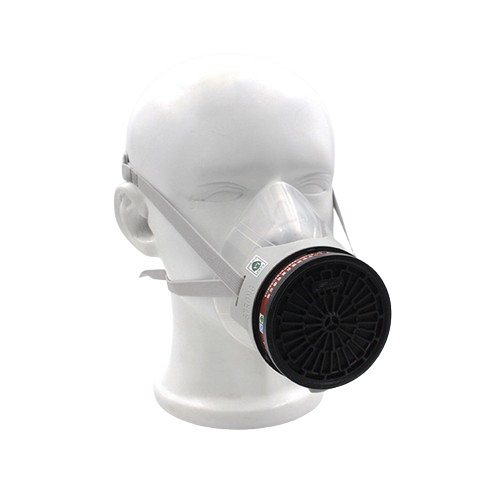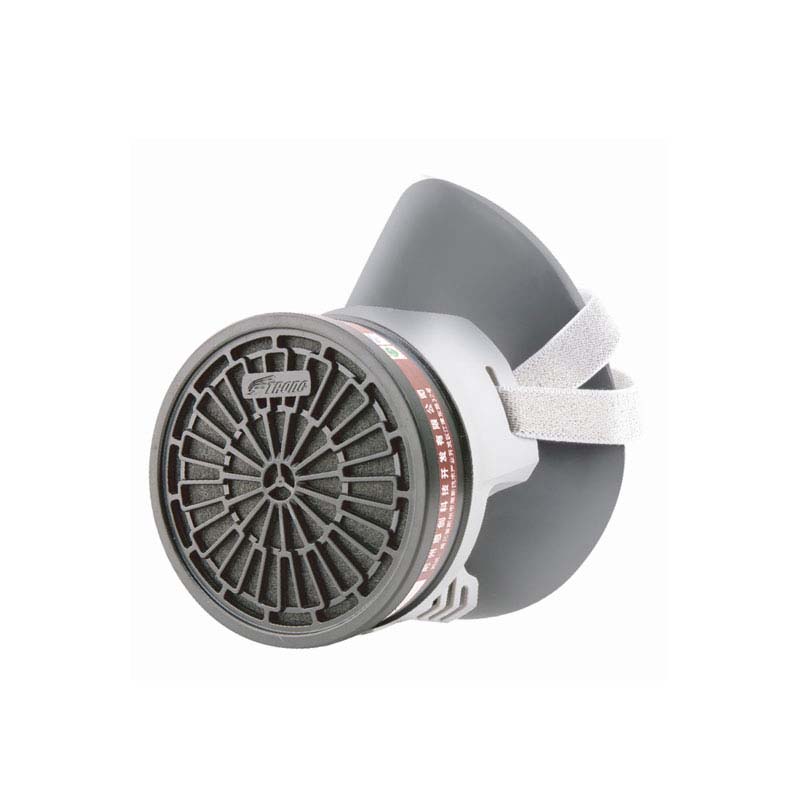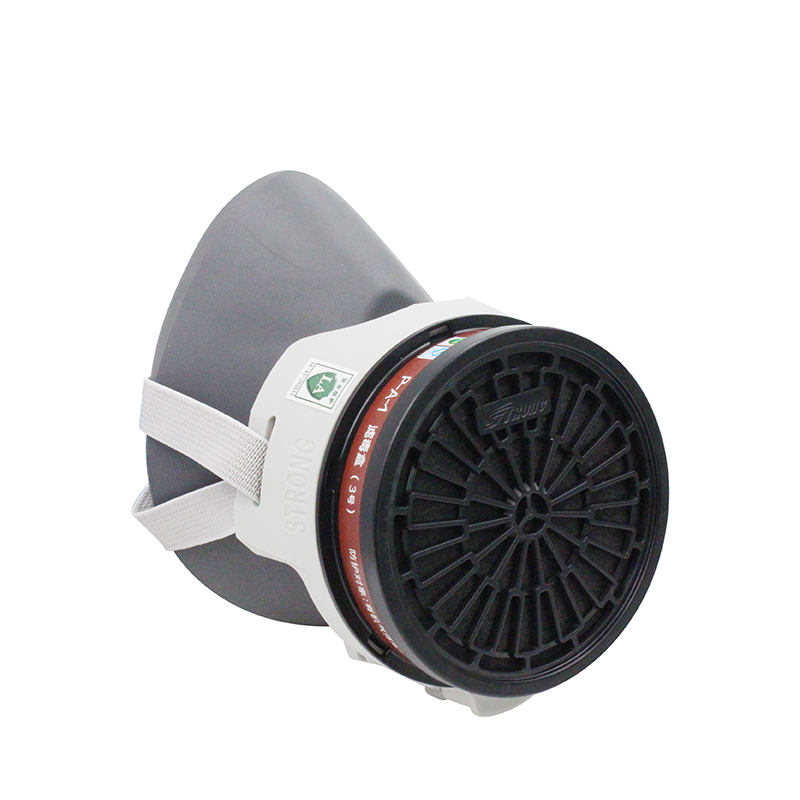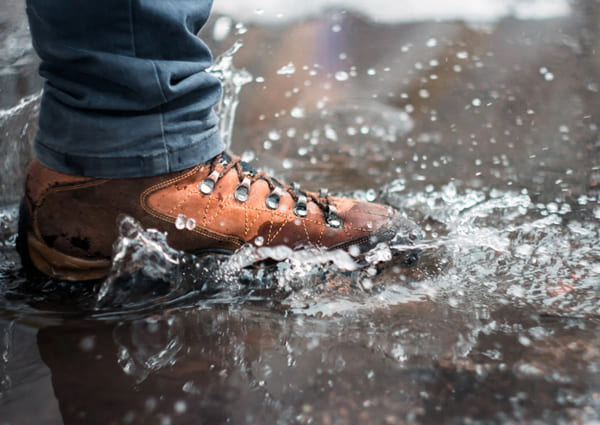Is the N95 Mask Reusable?
The N95 mask has gained significant attention during the global pandemic for its high filtration efficiency and ability to protect individuals from harmful airborne particles. As people seek cost-effective and sustainable options, a common question arises: Is the N95 mask reusable? In this article, we will explore the reusability of N95 masks, the factors to consider, and the recommended guidelines for their proper usage.
Understanding the N95 Mask:
The N95 mask is a respiratory protective device designed to filter out at least 95% of airborne particles. Its tight-fitting seal around the nose and mouth ensures minimal leakage, providing effective protection against viruses, bacteria, dust, and pollutants. However, the reusability of N95 masks depends on various factors.
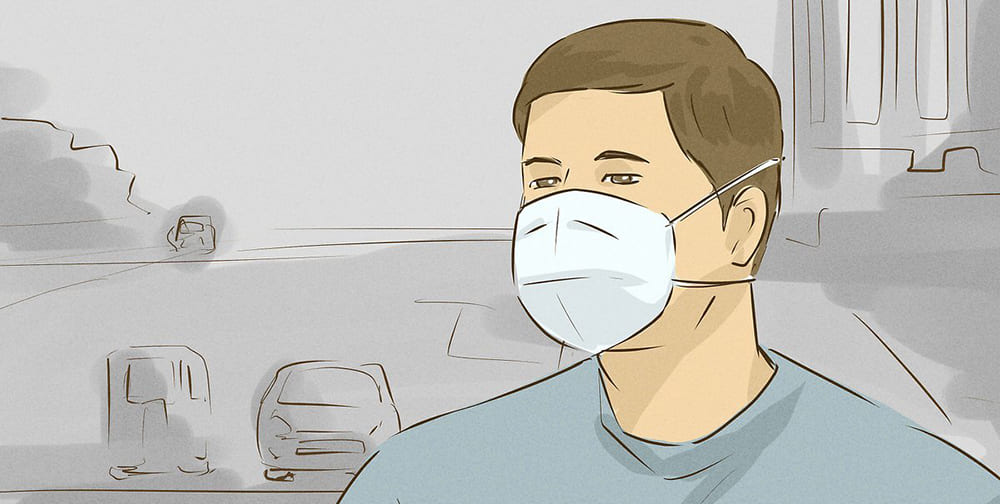
Factors Affecting Reusability:
1、Filtration Efficiency: The filtration efficiency of N95 masks may decrease over time, especially after prolonged use and exposure to contaminants. Repeated use may result in particle buildup, reducing the mask's effectiveness. Regular inspection and testing are necessary to ensure adequate filtration performance.
2、Physical Integrity: The physical condition of an N95 mask plays a crucial role in determining its reusability. Masks with visible damage, such as tears, holes, or stretched-out straps, should not be reused, as they may compromise the mask's seal and filtration capability.
3、Decontamination: Proper decontamination is vital if considering the reuse of N95 masks. The process must effectively eliminate any infectious agents while preserving the mask's filtration efficiency and physical integrity. Decontamination methods, such as UV sterilization, heat treatment, or hydrogen peroxide vapor, should be validated and approved by regulatory authorities before use.
4、User Exposure: The level of exposure to contaminants is another crucial factor in determining mask reusability. Healthcare professionals working in high-risk environments may need to replace their masks more frequently due to higher exposure levels. Conversely, masks worn in low-risk settings with minimal exposure may be considered for reuse after appropriate decontamination.
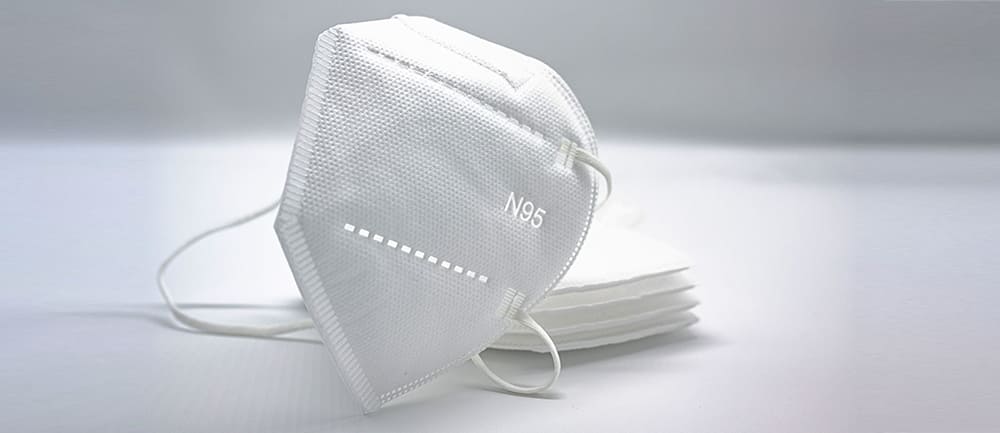
Guidelines for Reusable N95 Mask Usage:
While the reusability of N95 masks is possible under certain circumstances, it is essential to follow established guidelines to ensure safety and effectiveness:
1、Manufacturer Recommendations: Check the mask's packaging or contact the manufacturer to determine if it is intended for single-use or reusable purposes. Follow their specific instructions regarding the maximum number of times the mask can be reused.
2、Inspection: Before reuse, carefully inspect the mask for any visible damage, such as tears, holes, or deformities. Ensure the straps or ear loops are intact and provide a secure fit.
3、Decontamination: If the mask is suitable for reuse and approved for decontamination, follow the recommended decontamination method precisely. Adhere to the specified duration, temperature, and concentration to maintain the mask's effectiveness.
4、Storage: Store the cleaned and decontaminated masks in a clean, breathable container, such as a paper bag or individually sealed bag, to avoid contamination between uses.
Monitoring: Continuously monitor the mask's filtration performance, physical integrity, and comfort level during reuse. Replace the mask immediately if it becomes damaged, difficult to breathe through, or contaminated.
The reusability of N95 masks depends on several factors, including filtration efficiency, physical integrity, decontamination methods, and user exposure. While some N95 masks can be reused under appropriate conditions, it is crucial to adhere to manufacturer guidelines, regularly inspect the mask's condition, and follow approved decontamination methods. Prioritizing safety and ensuring the mask's effectiveness are paramount to protect individuals and minimize the risk of exposure to harmful airborne particles.




